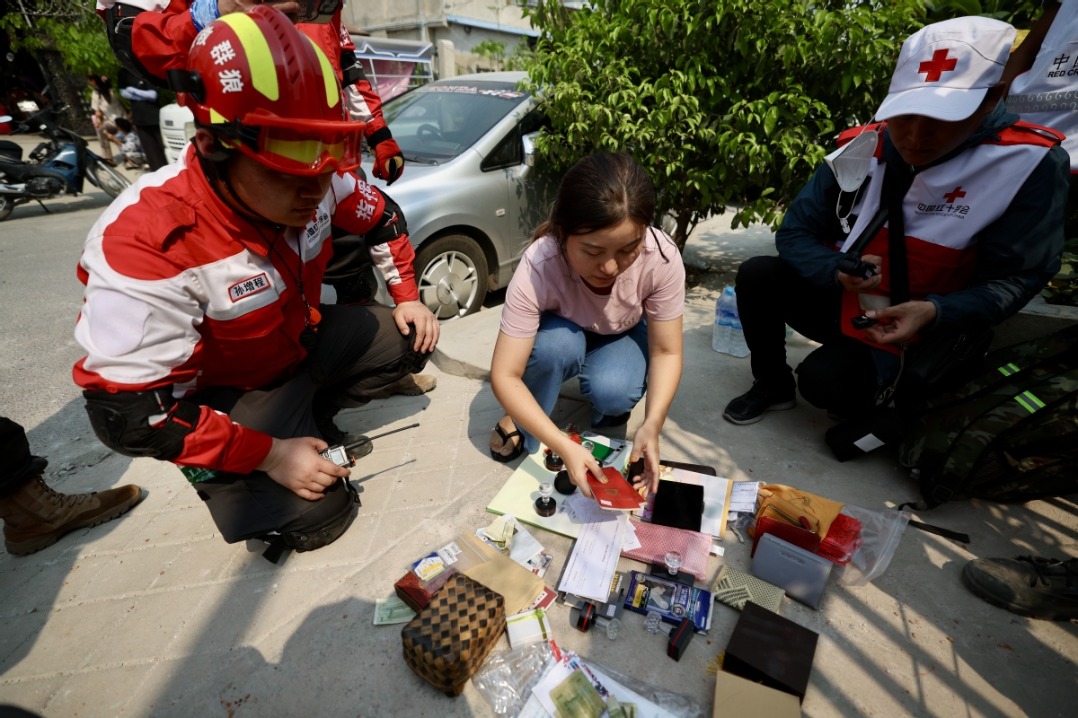Innovation the watchword as Party forges ahead


Before 1949, the CPC gained, through innovation, a full understanding of semi-colonial and semi-feudal society, creating its own "new-democratic revolution theory".
From 1949 to 1978, innovation enabled the Party to establish political systems such as the National People's Congress, multiparty cooperation and political consultation led by the CPC, and regional autonomy for ethnic groups.
China's reform and opening-up, which began in 1978, stands as one of the Party's most significant innovations.
Since the third plenary session of the 11th CPC Central Committee, held that year, the Party has learned lessons from the positive and negative experiences of the country's development since 1949, focusing its attention on economic construction.
The country entered the new period of carrying out reforms, opening its door to the rest of the world and achieving fast development.
During this process, it has innovatively answered the question of what socialism is and how it can be built in China.
The Party established its fundamental policies for the primary stage of socialism, drawing up a three-step development strategy for the country by 1990, by the end of the 20th century and the middle of this century.
Due to the all-around advancement of reform and opening-up, the nation has made a series of achievements thanks to Party innovations, including the Deng Xiaoping Theory.
Since the fourth plenary session of the 13th CPC Central Committee in 1989, the Party has deepened its understanding of socialism, how to build socialism and how to build the Party. It has accumulated valuable experience for governance of the Party and the country.
A key innovation in theory and practice for the Party is building a socialist market economy, which is significant in developing socialism with Chinese characteristics.
At this point, the Party began to establish a socialist market economy system. Reform was deepened, opening-up expanded, Party-building advanced, and the development of socialism reached a new level.
The Three Represents Theory emerged during this time. It stresses that the Party must always represent the requirements for developing China's advanced productive forces, the orientation of the country's advanced culture and the fundamental interests of the overwhelming majority of the Chinese people.
Since the 16th National Congress of the CPC in 2002, the Party has set out new development requirements. It has also answered key questions on the type of development China should pursue and how to realize development under new circumstances.
The Scientific Outlook on Development was created-a new theory on the development of socialism with Chinese characteristics.
The Party has adhered to people-centered, comprehensive and sustainable development. More significance has been attached to improving people's livelihoods, promoting social justice, building a harmonious society and advancing the Party's governing ability.























